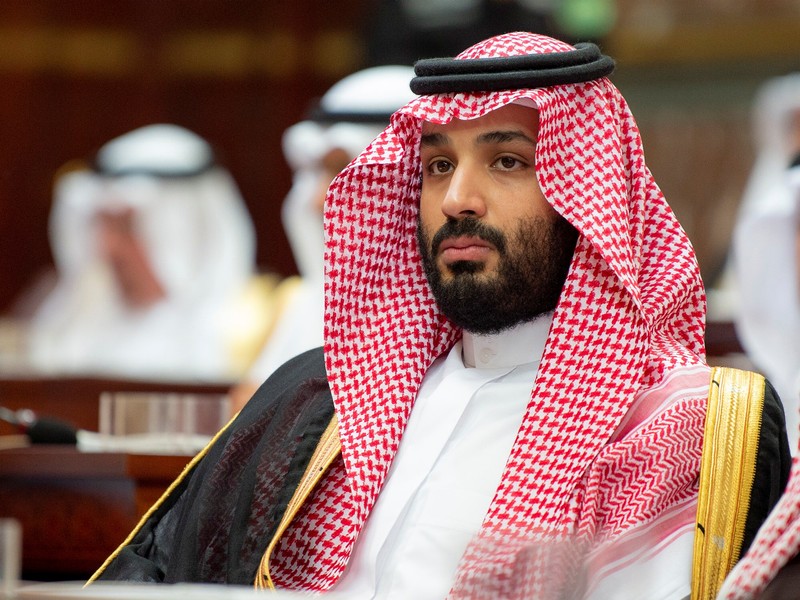Saudi Arabia has on Monday launched a program in order to raise $427 billion (1.6 trillion riyals) in investments in the logistics and industrial sectors (infrastructures) across the world’s leading oil-exporting country.
According to Bloomberg news reports, Saudi Arabia crown prince Mohammed bin Salman will speak later on Monday to the invited crowd in Riyadh. Special rooms were set up inside the Ritz-Carlton hotel including labeled booths by sector for people to discuss the investment plan.
Economy and planning minister Mohammed Al Tuwaijri told Bloomberg TV: “It’s about diversification, it’s about private sector partnership, it’s about government-focused spending which we’ve determined to do over the next few years.”
He said Saudi Arabia has “developed a few scenarios” in order to split spending between the state and private investors, but did not provide any further details on the matter.
Saudi Arabia has pushed for investments in industrial, airports and railways projects by 2030 and marked the latest effort by the largest Arab economy in order to scatter its reliance on crude sales for the government income. The Kingdom is expected to sign around 70 deals on Monday, worth above 200 billion riyals, according to energy minister Khalid Al-Falih.
On Saturday, Al-Falih told Bloomberg, “It’s quite ambitious but it’s over a 10-year period so we’ve got the time to do it,” adding, “All of this will happen while we’re building our oil economy. We’re not stopping.”
Al-Falih said the programme was expected to contribute about $320 billion to the country’s economy by 2030, equivalent to half of its gross domestic product (GDP) in 2018, and to further create 11 fresh industries from aerospace to biomedicine.
In the World Economic Forum’s latest global competitiveness report, Saudi Arabia’s infrastructure from its roads to water supply has been ranked 40th among other 140 nations.
However, according to Bloomberg Economic, while the higher public spending estimated to drive non-oil economic growth to 2.6 percent in 2019, it remains below what it has achieved before 2014 when crude oil prices were collapsed. The share of the Saudi government’s oil income is expected to raise up to 68 percent of its total revenue in 2019.
The country is planning to boost its expenditure by 7 percent in 2019, basing 2019’s budget on an oil price estimated as high as $80 a barrel by Bloomberg Economics.
In an interview with Bloomberg TV, head of research at Arqaam Capital limited said, “The room for fiscal spending is actually quite limited.” He added, “Although fiscal policy is loosening a little bit into the new year, the scope of it has to be fairly limited.”
In Riyadh, Al-Falih on Saturday said, the announced plan will link infrastructure, mining and energy projects and will also include new defence industry initiative in order to bring manufacturing and technology to the country. Saudi Arabia has planned to restructure its power industries by separating the ownership of power plants from high-voltage lines which were used for transmission across the nation and from connections to offices and homes.
The programme, known as the National Industrial Development and Logistics programme, the investment included several projects that have already started.

